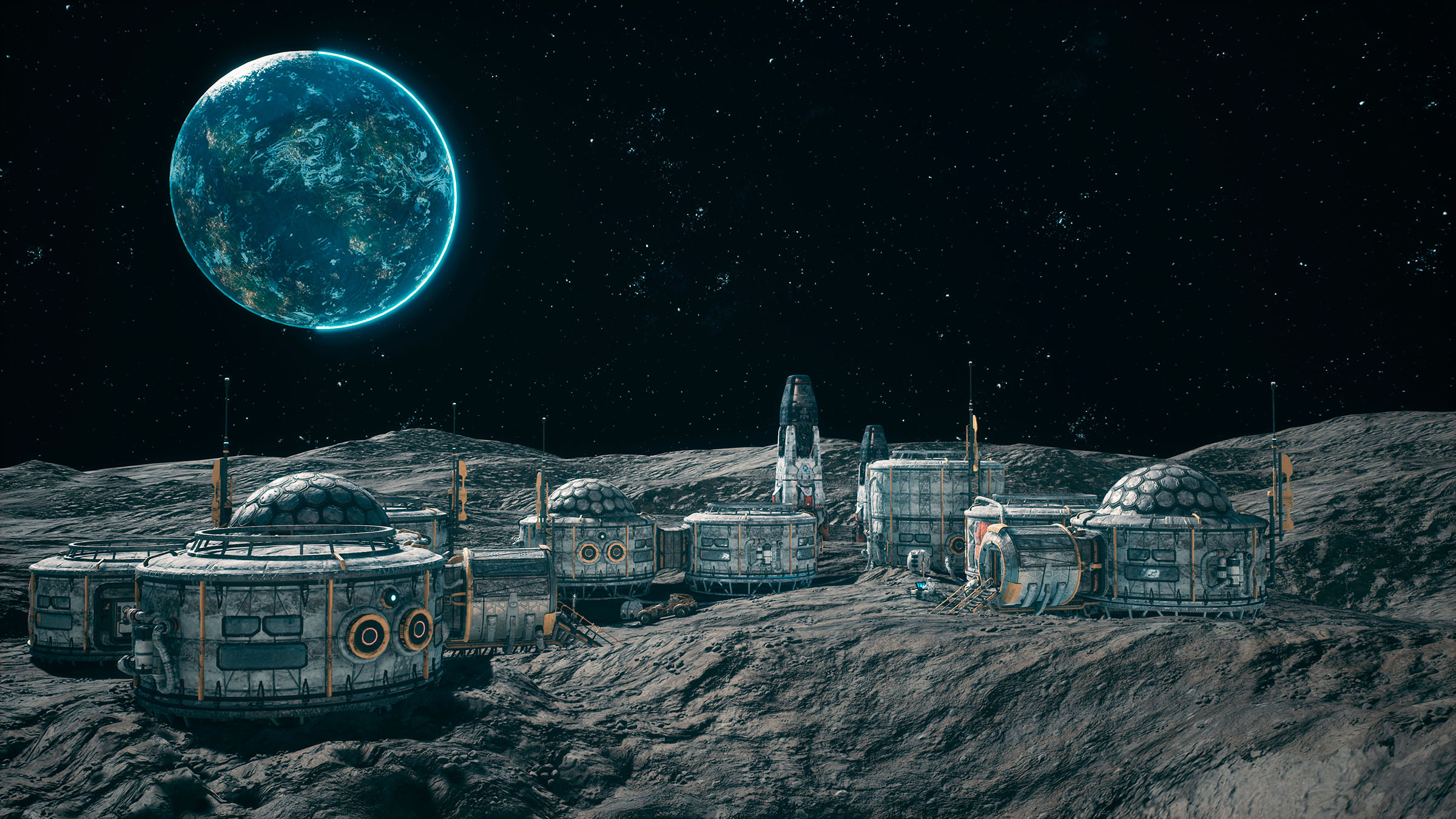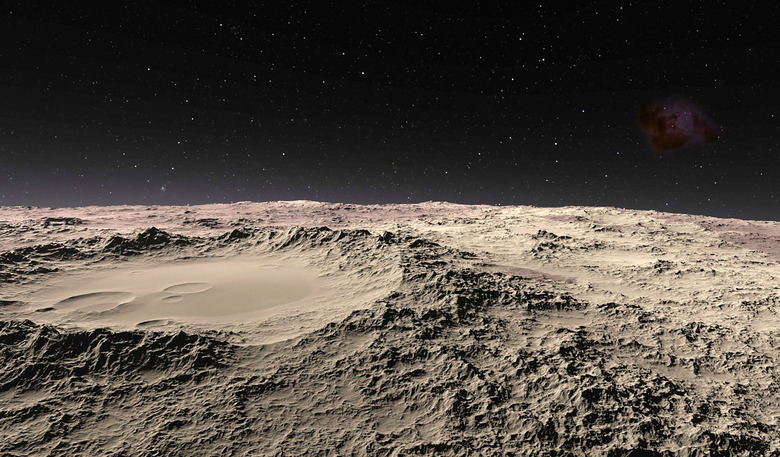Earth Microbes Could Help Astronauts Grow Plants In Lunar Soil
Future missions to the Moon could see astronauts growing the first plants on the lunar surface. But, getting lunar soil to grow plants has been a tricky process. Scientists may have finally had a breakthrough in the process and believe putting Earth microbes into lunar soil could make it more habitable for plants.
Previous research into growing plants within soil from the Moon has shown that the soil on our satellite contains several elements vital to plant growth. However, experiments using lunar soil have shown that the Moon is just bad at hosting crops. So how do we fix that?
Well, the trick in getting lunar soil to grow plants more reliably may have to do with adding Earth's microbes to the mix. See, microbes on our planet have helped make it more habitable over the years, and adding those microbes to the soil on the Moon could help us unlock those vital nutrients that we've discovered traces of.

This would then allow us to create lunar greenhouses effectively, allowing future missions to the Moon – like Artemis III – to set up growing areas and grow crops. This would also be important for creating sustainable Moon bases, which NASA and other space agencies hope to do within the next fifty to sixty years.
Of course, there are more variables at play than just getting lunar soil to play nice. But this is a vital first step that astronomers and astronauts need to solve if we ever hope to create actual, sustainable colonies on other planets and planetary bodies.
A new study helps highlight the important role that microbes could play in making the soil on the Moon more habitable for plants. Tests run on simulated lunar soil showed that plants grown with three species of bacteria (or microbes) had longer stems and roots after just six days of growth than those grown in normal simulated lunar soil without the additional microbes.
With so much attention on colonizing space beyond our own planet, these kinds of logistical problems are important to solve early on, especially if we want such missions to last beyond their initial windows.
